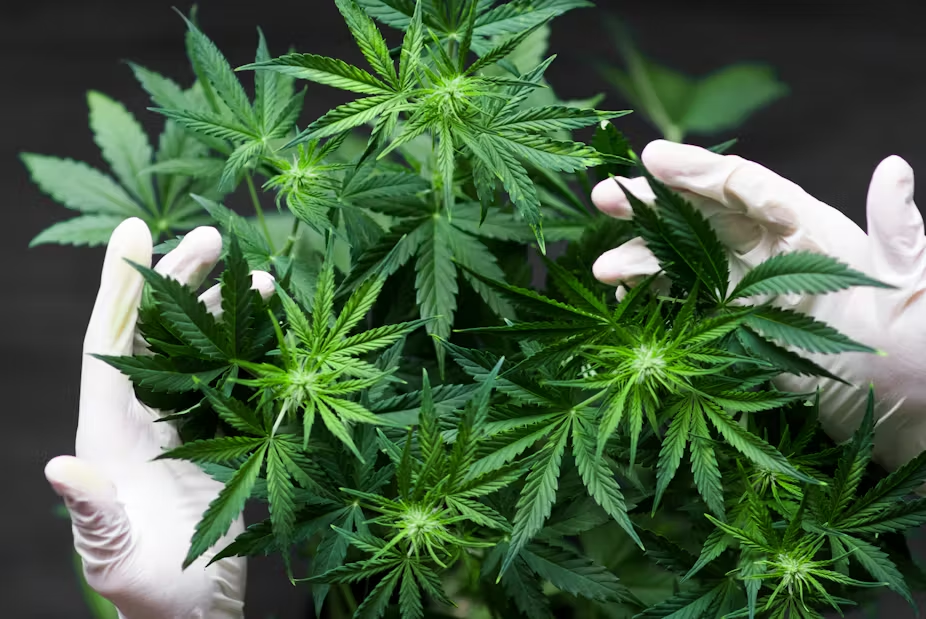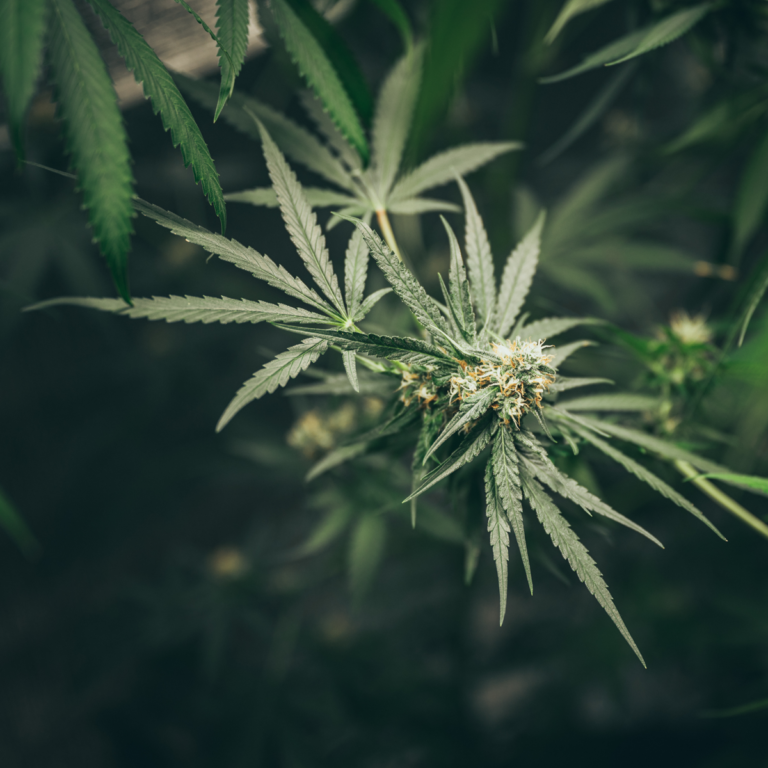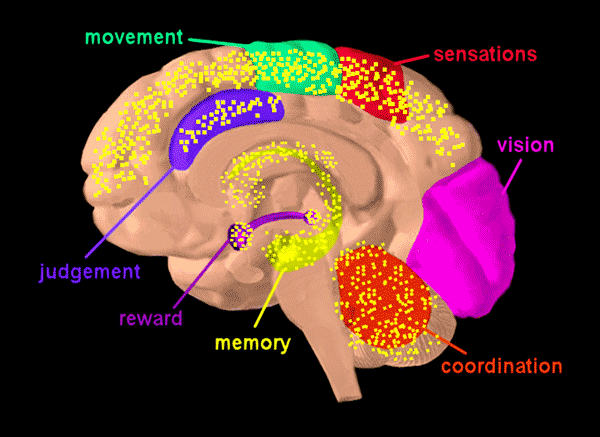What Does THC Do
THC, short for tetrahydrocannabinol, is the most recognized compound in cannabis and is responsible for its psychoactive effects. When consumed, THC engages with the body’s endocannabinoid system, a complex network of receptors and neurotransmitters that helps regulate key physiological processes. This interaction is what triggers the familiar effects of cannabis, ranging from the “high” sensation to potential therapeutic benefits.
THC primarily binds to CB1 receptors, which are concentrated in the brain and central nervous system. This binding alters the release of neurotransmitters, affecting mood, perception, and cognition. Many users experience euphoria, heightened senses, and a shifted sense of time. Depending on the strain and dosage, THC can either spark creativity or promote deep relaxation.
THC offers more than just its well-known psychoactive effects; it has several therapeutic benefits. It’s commonly used to manage pain, ease nausea, and boost appetite, making it a go-to for individuals undergoing treatments like chemotherapy. THC’s interaction with the endocannabinoid system also helps reduce inflammation, which can be valuable for those with conditions like arthritis or chronic pain.
But THC’s impact isn’t limited to the body—it also influences mental and emotional well-being. For some, it can ease anxiety and depression, providing temporary relief with its calming properties. However, THC affects everyone differently. High doses, in particular, can lead to increased anxiety or paranoia, especially for those sensitive to its effects.

THC also impacts memory and cognition by affecting the hippocampus, the region of the brain responsible for processing and storing new information. This can result in short-term memory impairment during use, but these effects generally subside once the THC leaves the system. While some users may find these cognitive shifts disorienting, others embrace the altered state as part of the experience.
Another notable effect of THC is its ability to promote sleep. Many individuals use THC to combat insomnia, as it often induces drowsiness and helps them fall asleep faster. This sedative property makes THC a useful option for those with sleep disorders or for managing side effects from medications that interfere with sleep.
For both recreational and medical cannabis users, understanding THC’s effects is crucial. Its benefits can be substantial when used properly, though it’s important to start with low doses and adjust based on personal tolerance. Whether seeking pain relief, better sleep, or a recreational high, THC’s interaction with the endocannabinoid system plays a central role in its popularity and ongoing research.






